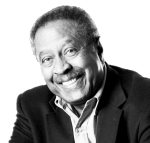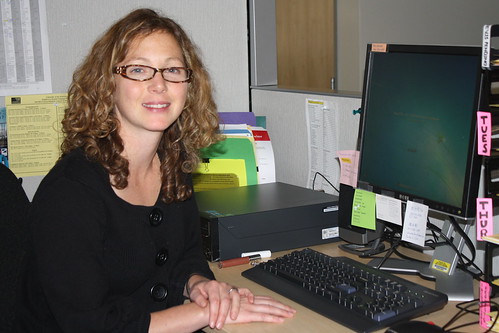Matt Miller is a senior media studies major.
 As an individual that bears marginalized identities, I feel especially impacted by and interested in issues of diversity and social justice. This inclination is, in part, what made me choose USF in my college search as a prospective student. USF’s mission statement lists “the diversity of perspectives, experiences and traditions” as one of its core educational values. Coming here, I expected to find comfort in the diversity the institution promised I would find.
As an individual that bears marginalized identities, I feel especially impacted by and interested in issues of diversity and social justice. This inclination is, in part, what made me choose USF in my college search as a prospective student. USF’s mission statement lists “the diversity of perspectives, experiences and traditions” as one of its core educational values. Coming here, I expected to find comfort in the diversity the institution promised I would find.
After three years of being a student at the university, however, I’ve come to feel underwhelmed by the representation of diverse perspectives on-campus.
In my Media Studies courses, I often take a moment to scan the classroom and observe my peers. My eyes are met with classes filled with white privileged students, and as each semester draws on, it becomes clear that issues of diversity aren’t a prime focus for many of my fellow Media Studies majors.
To me, it seems the majority of student media on-campus is produced by the privileged, about the privileged, and for the privileged.
Student-produced content created by classmates or by student media outlets like USFtv or the Foghorn will often miss the mark when it comes to representing the diverse perspectives the university claims are a core value to this institution. When I attend student film showings, I’m disappointed by the overrepresentation of privileged narratives and the underrepresentation or complete misrepresentation of marginalized narratives. I can only sit through so many straight, cisgendered white narratives before I start to wonder why so many perspectives are erased semester after semester.
In recent times, it feels as though USFtv’s cultural segment has missed a wealth of opportunities to cover important cultural issues like San Francisco’s growing gentrification problem. Instead of covering issues that matter, the cultural segment has most recently focused on topics like Pug Sunday at Alta Plaza Park and the best places to find coffee in the city. While I enjoy cute dog videos as much as the next person, I’d rather see a cultural segment that covers issues of greater value.
The Foghorn’s satirical April Fools issue offended some people of subordinated identities in the USF community last semester. The misrepresentation of marginalized identities in that issue, intentional or not, sparked a crucial conversation about the way marginalized identities fit into campus media.
Do students producing media at USF bear a responsibility to be more conscious of marginalized identities? Are our Media Studies professors doing enough to meet the core educational values in the university’s mission statement?
While it would be highly unrealistic to expect every student involved in producing media on-campus to focus their energies solely on issues of diversity and social justice, I do think there is serious room to improve when it comes to giving the spotlight to these topics.
Going into my final year at USF, I hope to see a shift in the kind of content my peers create. Diverse perspectives already exist amongst the USF community—right now, I think it’s a matter of continuing the existing conversation about what issues deserve more air time, how to properly represent marginalized identities, and in what ways community leaders like professors can do more to promote a focus on these topics.
I hope I can leave this university feeling more satisfied with the way student media includes diverse perspectives. As things stand right now, however, there’s still much to be desired.
 Clarence B. Jones is a diversity visiting professor.
Clarence B. Jones is a diversity visiting professor.


